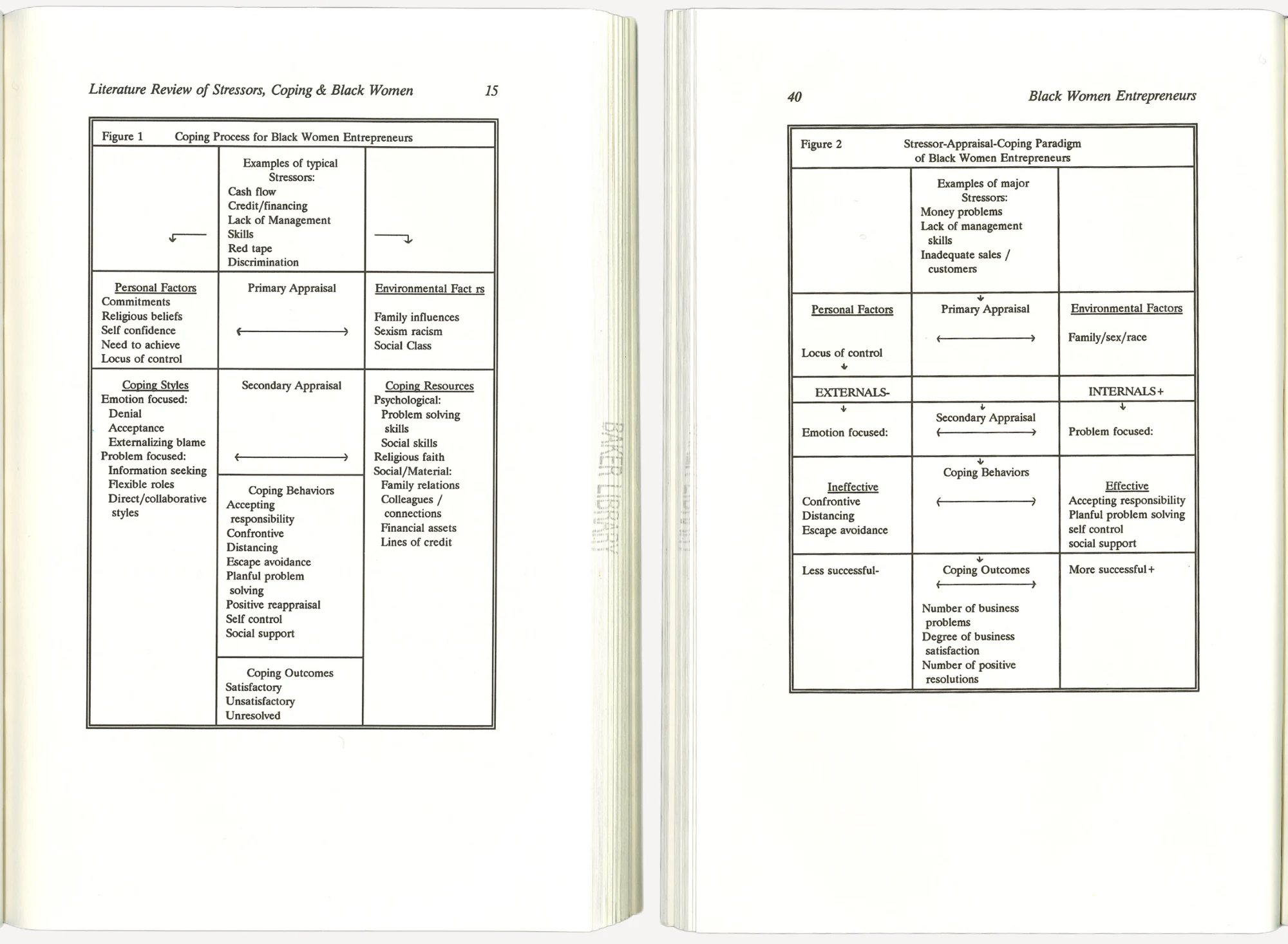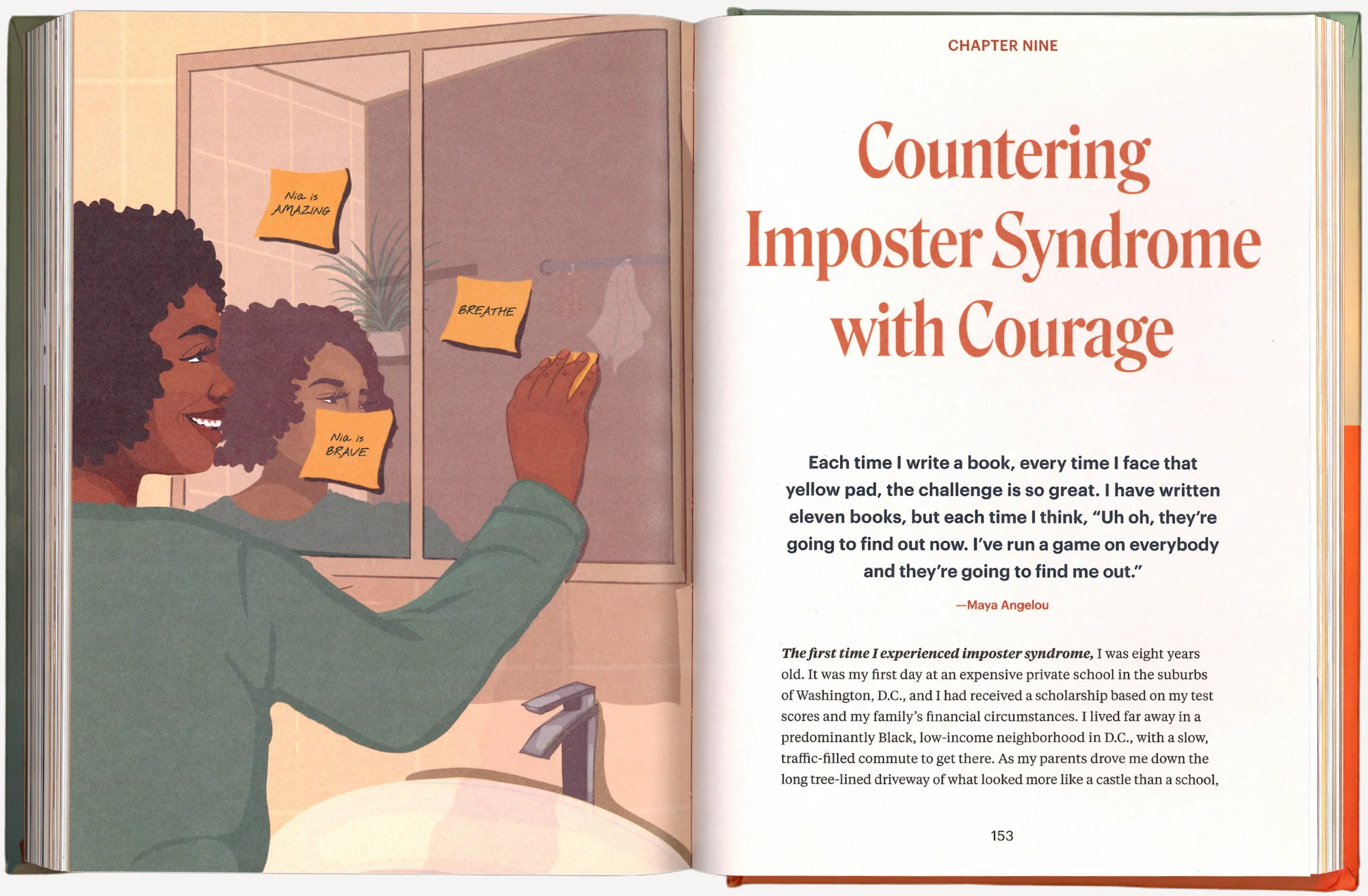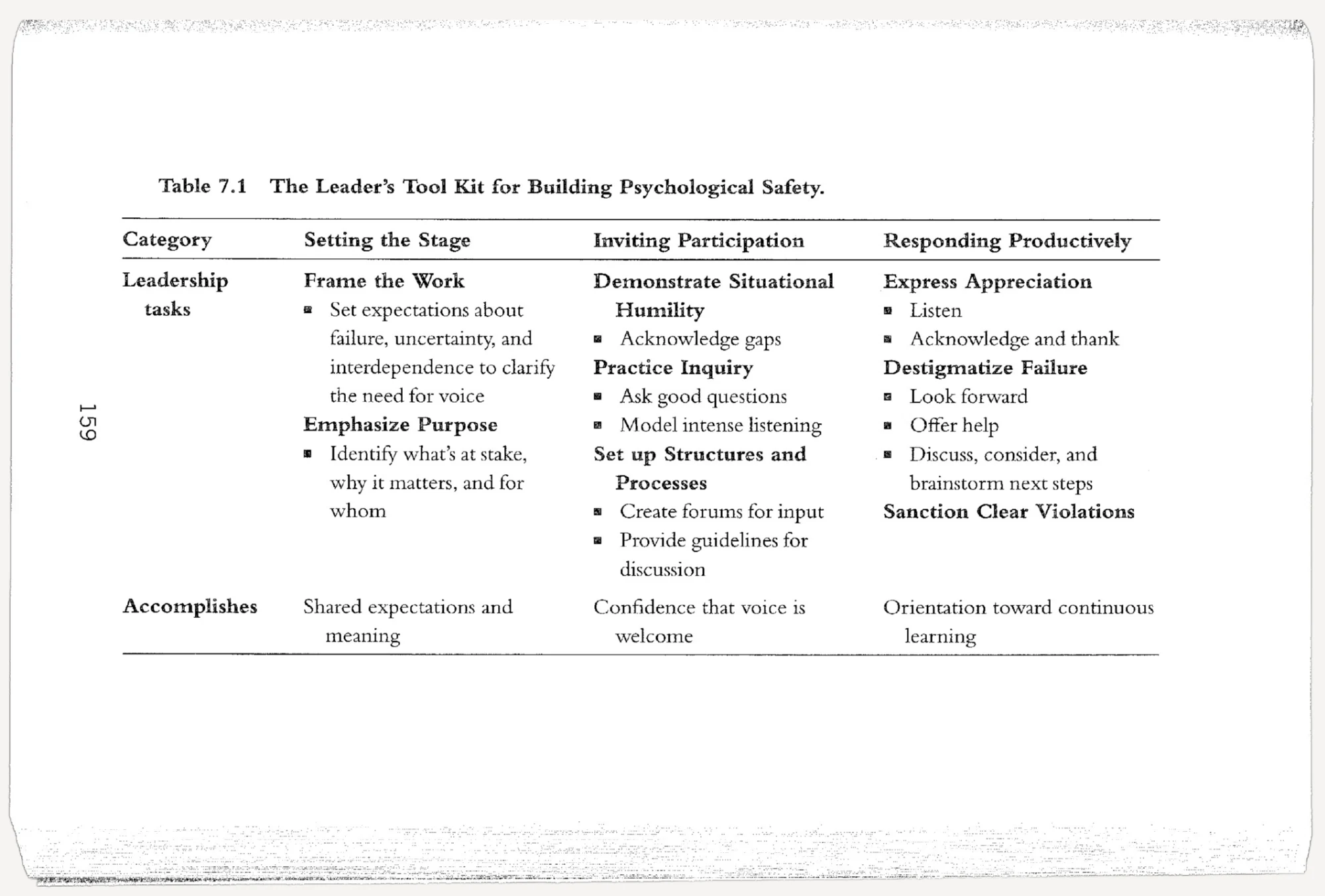Mental Health Awareness Month
Explore Baker Library resources with a connection to Mental Health and business.
.png)
Quick Research Resources
Dive into Mintel's "Managing Stress and Mental Wellbeing" report.
Read "Employers Can Do More to Advance Health Equity" in Harvard Business Review.
Use Health Business Fulltext Elite to find magazines, trade publications, and academic research related to mental health
Review Capital IQ Pro's market map on Digital Mental Health.
Go Markets > Market Maps
Explore relevant Frost & Sullivan reports:
The Future of Mental Health Management
Emerging Digital Health Technology Innovations Transforming Mental Health Care
Growth Opportunities in Mental and Behavioral Digital Health Platforms and Solutions, Forecast to 2028
Contemporary Collections
Contemporary Collections aim to support the research and curriculum of the Harvard Business School today and into the future. Collection activities focus on the career and professional development needs of our MBA students and alumni, as well as on access to business content to the Harvard University community at large.
The Fearless Organization: Creating Psychological Safety in the Workplace for Learning, Innovation, and Growth
The Fearless Organization, published by HBS Professor Amy C. Edmondson, helps companies tackle the people side of the innovation equation to create workplaces that are safe, fearless and empowered to win with unbridled ideas. It is a practical guide for creating cultures where knowledge and innovation flourish because people feel safe to contribute their ideas—it also increased the popularity of the term "psychological safety".
Psychological safety, which blends trust and respect, is a key factor in helping teams collaborate effectively and achieve shared goals. According to Edmondson, one of the most critical components of fostering psychological safety is “setting the stage,” or identifying what's at stake, why it matters, and for whom. The pages that follow the table offer scenario-based examples, explore the reframing of failure, emphasize the need for voice, and outline other essential elements for building a psychologically safe workplace.
Edmondson further clarifies her argument around psychological safety by stating it is:
► not about being nice
► not a personality factor
► not just another word for trust
► not about lowering performance standards
Black Women & Mental Health
In the United States, 17% of Black women are in the process of starting or running new businesses. However, 61% rely entirely on self-funding for their start-up capital, highlighting persistent disparities in access to essential entrepreneurial resources. This imbalance can strain mental health and perpetuate a cycle in which limited resources hinder the ability to achieve financial success through entrepreneurship.
Source: "Black Women Are More Likely to Start a Business than White Men" - Harvard Business Review Digital Articles (05/21)
.png)
Stressors, Beliefs, and Coping Behaviors of Black Women Entrepreneurs by Lois Harry.
Figure 1 (left) diagrams the known literature in 1994 around coping processes for Black women entrepreneurs. It details that when an individual experiences a stressor, such as issues with cash flow or discrimination, they begin a primary mental appraisal to determine if the stress event is a threat to their well being. Next, a secondary appraisal is then made to confirm that the event is harmful and to psychologically review coping resources available to manage the event. The appraisals are followed by coping behaviors which may be either intrapsychic or action oriented.
Figure 2 (right) represents a distilled conceptual framework of Figure 1—a model that considers relationships among business problems; one specific appraisal factor (locus of control, or an individual's beliefs about their ability to control what happens in their life); coping behaviors (patterned by family practices, intersectional identity, discrimination, etc.); and outcomes of Black women entrepreneurs.
You can download a PDF of these tables for closer review.
.png)
Black People Breathe: A Mindfulness Guide to Racial Healing by Zee Clarke (MBA 2008).
Nearly 30 years after Lois Harry's research comes Black People Breathe by Zee Clarke (MBA 2008), a mindfulness resource for combating the systemic challenges that people of color face. Using Harry's diagrams as a parallel, impostor syndrome would be an example of a stressor that would initiate mental appraisals and coping behaviors. In the featured section, Clarke offers an acrostic mindfulness (coping) strategy to achieve positive outcomes:
► Welcoming the Voice
► Evidence Gathering
► Breathwork
► Affirmations
► Vizualization
